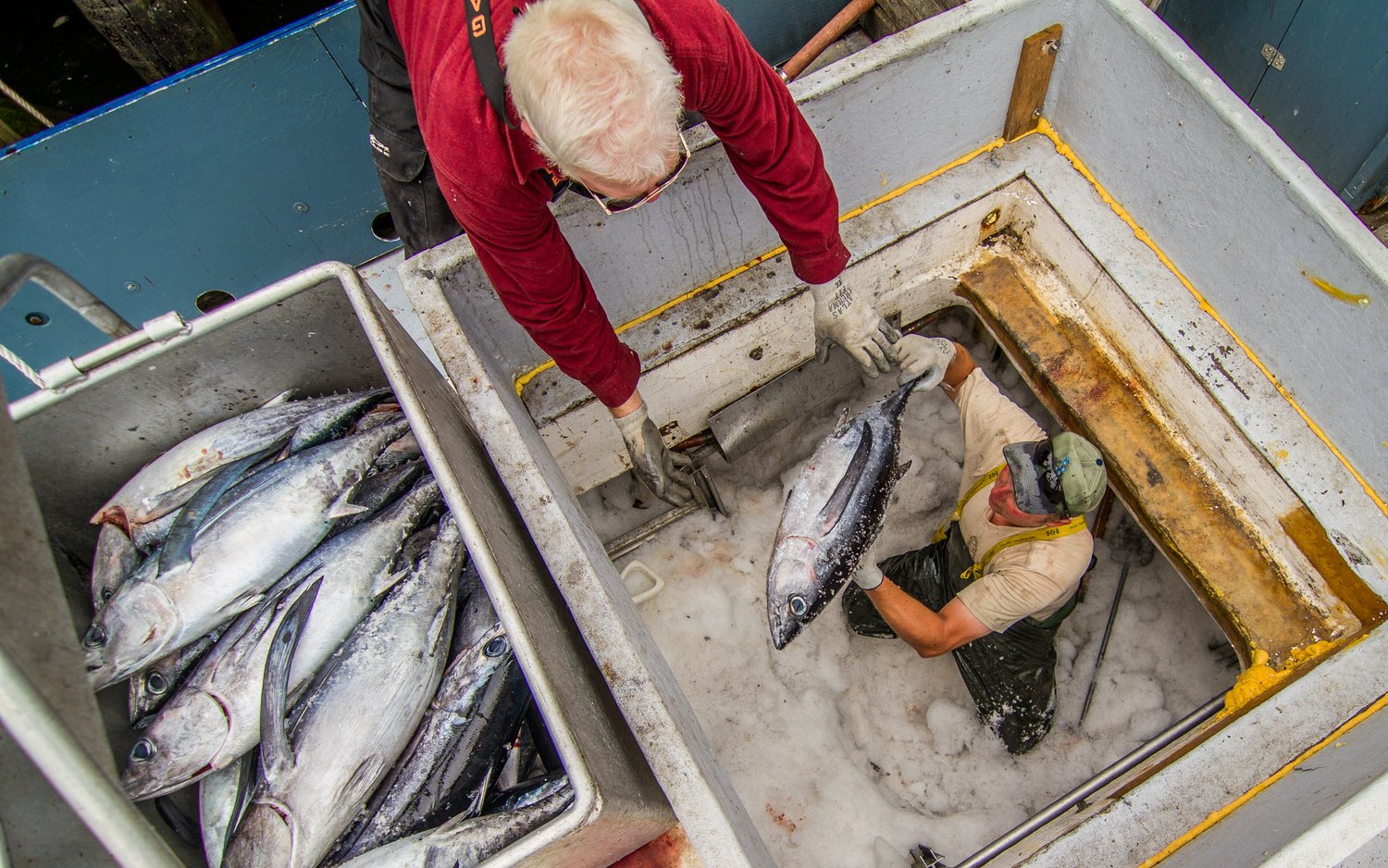[ad_1]

This builds on research released in late 2022, also conducted through the TNC and UW partnership that assessed climate vulnerability of these same communities based on the catch species, economic resilience, and other social factors. The research established a framework to assess community vulnerability, and identifying which communities might be at high risk, delayed risk, or are positioned to effectively adapt to climate change.
“There is no one-size-fits-all solution for climate adaptation for fishing communities because each community may be vulnerable for a different reason” noted lead author Dr. Laura Koehn, previously with University of Washington. “By understanding how vulnerability is shaped across all fishing communities on the west coast, fisheries managers can identify various climate adaptation strategies to support communities that are experiencing the full spectrum of climate risk or different aspects of climate risk.”
Together, these studies presented provide a holistic understanding of climate vulnerability and adaptation potential for the fisheries industry in the California Current which fisheries managers and regional governing bodies can apply to create equitable and effective climate adaptation measures that benefit both people and marine ecosystems.
[ad_2]
Source link

